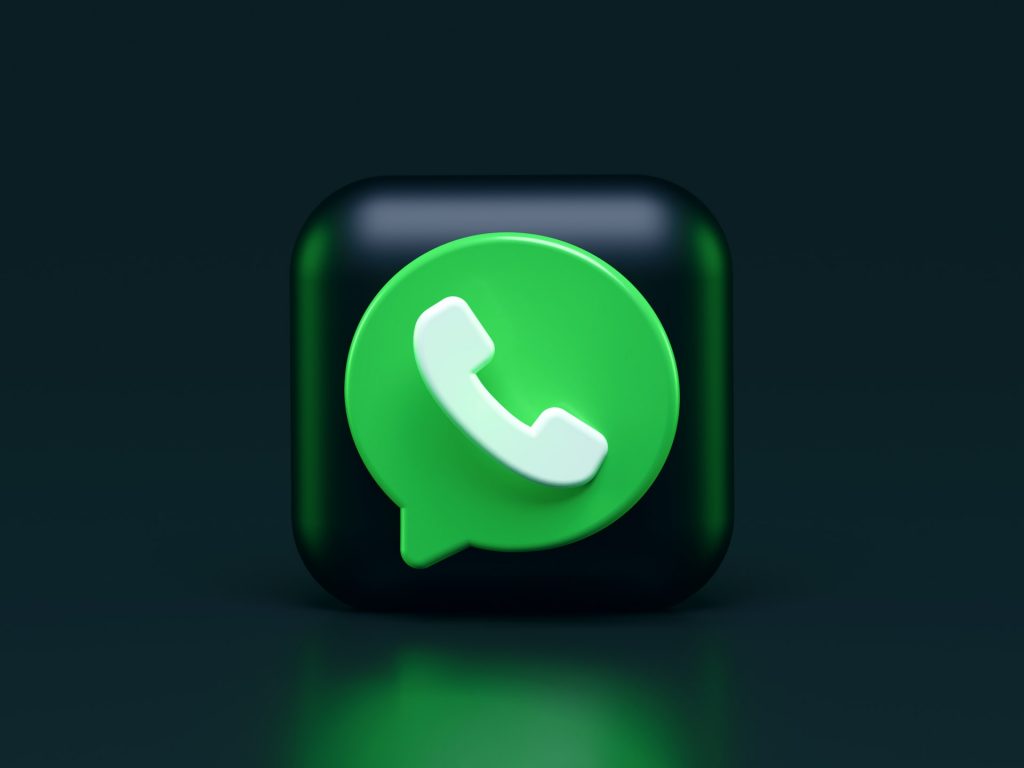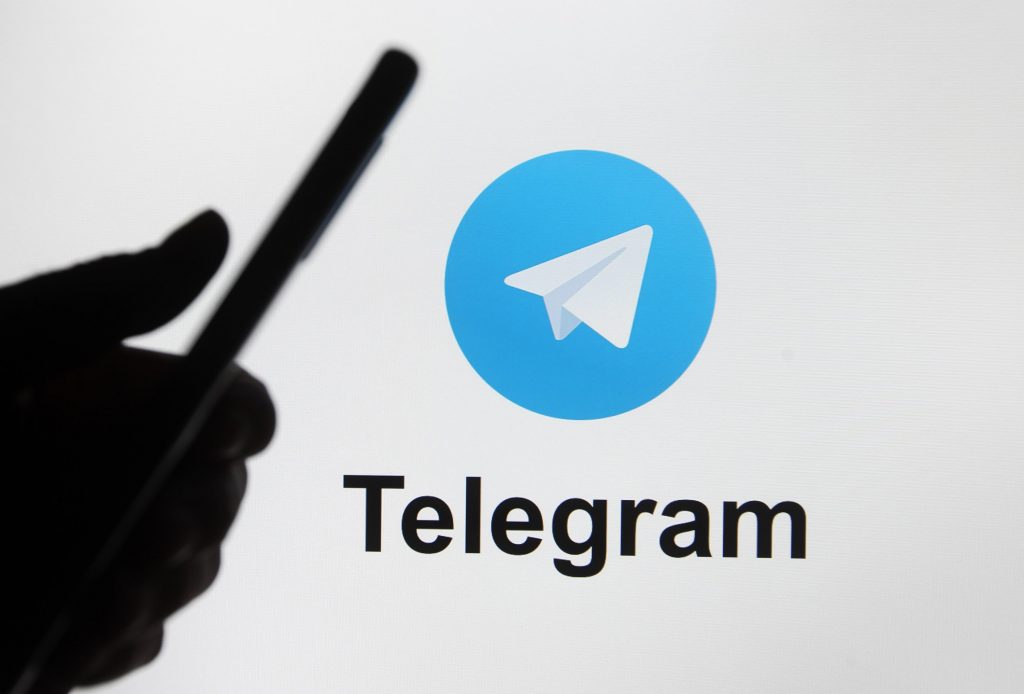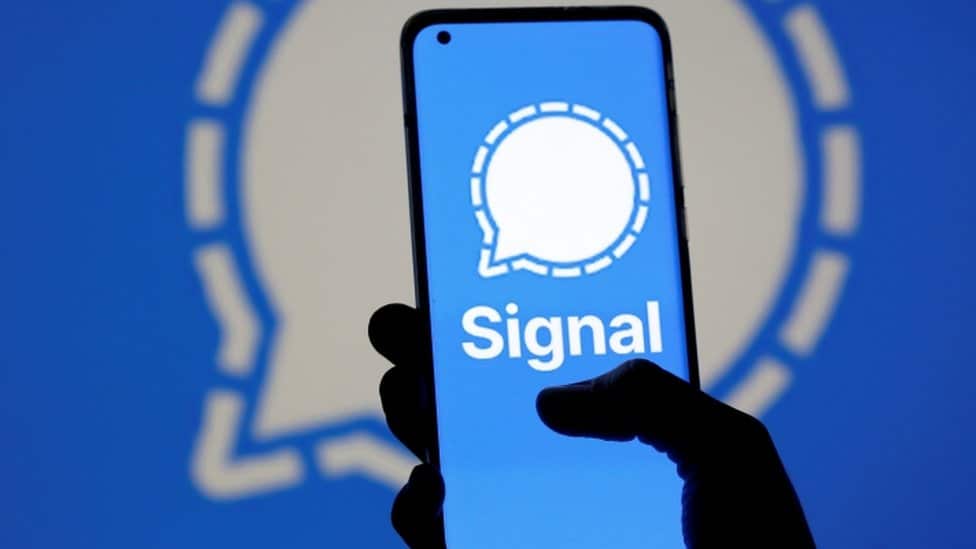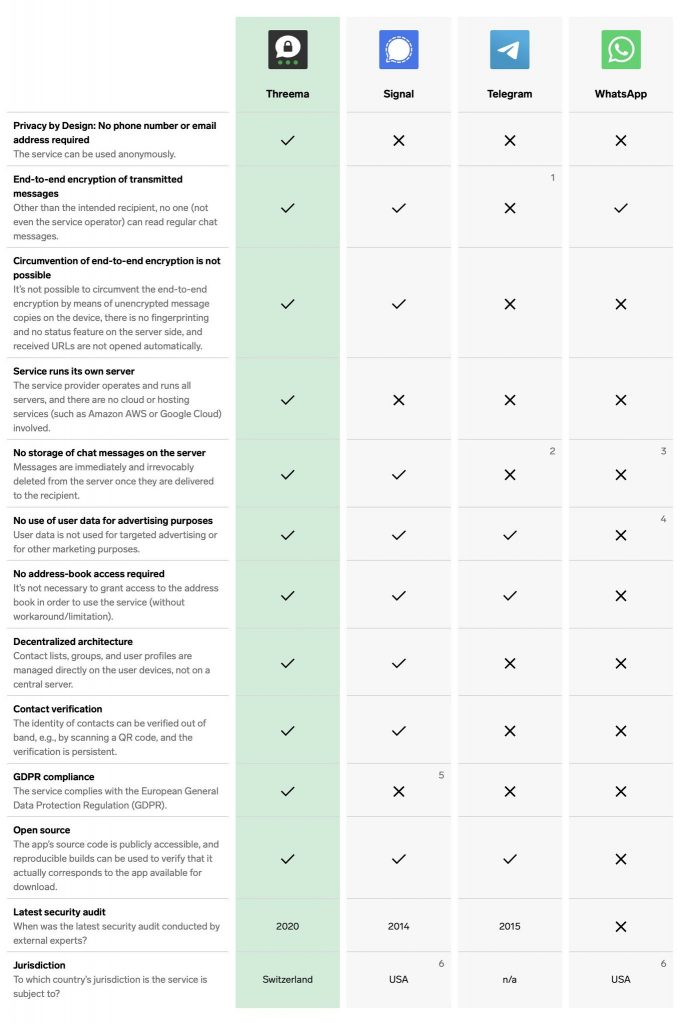It’s easy to choose your option
The role and significance of social messaging apps such as WhatsApp and Telegram as effective tools in communication, security, and usability on the global online market cannot be overemphasized.
WhatsApp, the most popular online messaging platform is used by billions of users across the globe.
Despite being ‘the famous one’, the platform is not shy of criticism and negative feedback.
If you are not living under a rock, you are mostly aware of the flak that WhatsApp is received last year due to its updated privacy policy.
Basically, what the privacy policy meant is that more of your WhatsApp data will be shared with the parent company Facebook.
While Facebook has always been doubted for misusing user data, these WhatsApp privacy policies throw a ton of questions over its security and data privacy.
Users who didn’t accept these new WhatsApp terms faced certain restrictions in using the app
And because of these absurd terms and policies, a lot of users were/are moving away from WhatsApp and going for other alternatives.
One might argue, what is the need for change ?
Well if you don’t bother about privacy and security, you can still use WhatsApp.
– tRUST ME, IT’S A WRONG DECISION
But for others, you are still at the right place. We are going to compare the popular alternatives of WhatsApp and what to choose from.
The world’s most popular messaging app is WhatsApp which boasts more than 2 billion users and also has 1.3+ billion downloads in Google Play Store.

It has everything you would need on a social messaging service including the new in-app payments feature. You can broadcast messages to multiple contacts, support voice and video calls, both for individuals and groups.
Features in a nutshell
- Less secure
- Group chats with 256 users
- Group video calls with 8 users at any time
- Share up to 100MB files and documents
- Media files can be shared with up to 16MB
- Live location sharing with your contacts
- WhatsApp Status feature, like stories
- Backup and restore messages and data via cloud services like Google Drive and iCloud
- End to end encryption (E2E) for communication: messages, video calls, voice calls, photos, and anything
- Less secure as it collects more data on users
- Less privacy as it shares collected data with Facebook
Data collection
- Device ID
- User ID
- Advertising Data
- Purchase History
- Location
- Phone number
- Email address
- Contacts
- Products interaction
- Performance and diagnostic data
- Payment info
- Other user consent
- Crash data
- Product interaction
- Customer support info
Download in Google PlayStore and Apple Store
Telegram
Similar to WhatsApp, Telegram is also an online messaging app that is cloud-based, cross-platform, and freeware application.
Telegram has various client apps are available for desktop and mobile platforms including official apps for Android, iOS, Windows, macOS, and Linux.

Let’s see what it offers in terms of usability and security.
Features in a nutshell
- Self-destructing messages
- File sharing up to 1.5GB
- Groups up to 200,000 users
- Group-specific features such as bots, polls, quizzes, and hashtags, extensive for large group experiences
- Voice and video calls
- End to end encryption only for secret chats feature, audio, and video calls
- Data collected is less compared to WhatsApp
- No data is shared with any third-party or government
Data collection
- Contact info
- Contacts
- User ID
Download in Google PlayStore and Apple Store
Signal
The latest contender to this online messaging platform is Signal. Endorsed by Elon Musk from time to time, Signal provides more security and privacy-oriented compared to both Telegram and WhatsApp.
Founded as a non-profit organization with initial funding of $50 million, the app has over 40 million monthly active users and boasts 105 million total downloads across all platforms.
Signal has been installed on more than 50 million Android devices.

Of course, it is not as rich in features as WhatsApp, but lots of new enhancements are getting added in Signal.
Features in a nutshell
- Groups with upto 1000 users
- Group calls upto 8 users
- Strong end-to-end encryption on everything
- Self-destructing messages
- Uses open-source Signal protocol for end-to-end encryption
- Note to Self feature
- Relays voice call to its servers, same as a VPN, meaning identity is not shared
- Metadata encryption
- No data is shared with any third-party or government
Data collection
- Only phone number is stored
Download in Google PlayStore and Apple Store
So what to choose now?
WhatsApp does not encrypt backups (both cloud and local).
Also, it does not encrypt metadata unlike Signal, which is used to carry communication between two endpoints.
WhatsApp group chats have been earlier found to be indexed on Google search, a major data breach point.
So, from a security and privacy perspective, WhatsApp is a BIG NO.
Telegram’s normal and group chats are not encrypted unless you use their Secret Chats feature.
So that’s that.
In terms of user privacy, Signal offers the most secure form of communication you can get on the internet. But again, Signal lacks a host of features if compared to Whatsapp and Telegram.
All we are saying is, if you really care about privacy and security, then the best choice right now is Signal.
If you are ok to shell out money for an even more privacy-based chat messaging app, then you can try ‘Threema‘, which has a significant advantage over other apps, it doesn’t use any of your personal information, including your phone number.

The final choice is yours.
Thanks for reading this post. If you liked it, please share this and subscribe to our newsletter.
Follow our Facebook and Twitter page for more contents and news.




Thanks a lot for such an informative post. You are really helping a lot of people who struggle to find solutions to such problems. Please keep us updated by posting more such articles.
If you are also interested in Technical + Blogging + Programming related stuff, you can visit my blog https://programmerstudios.blogspot.com/ where I keep updating people in this niche. I also post many such technical tips that would be helpful for the audience, hope you will like my articles.